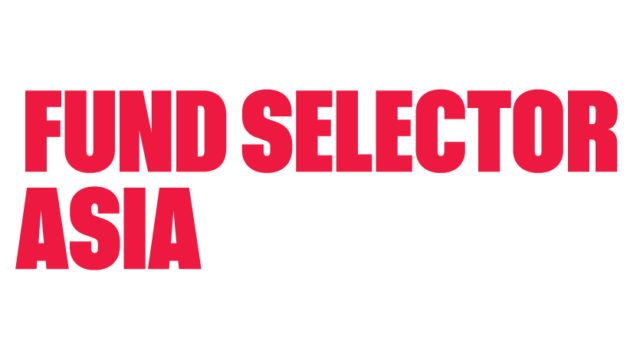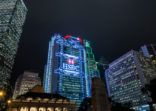The framework has been developed through the collaborative input of around 70 members of the Institutional Investors Group on Climate Change (IIGC) who are participating in the Paris Aligned Investment Initiative (PAII).
Launched in May 2019, the PAII looks at how investors can align their portfolios to the goals of the 2016 Paris Agreement to ensure investors can maximise the contribution they make in limiting global warming to no more than 1.5°C.
“Climate change is one of the most significant sources of investment risk and opportunity, but a lot of it is not reflected in asset prices,” Jennifer Wu, global head of sustainable investing at JP Morgan Asset Management (JPMAM) and a member of the IIGCC, told FSA.
“Investors should start thinking about risk-adjusted returns, but translating that into asset allocation and benchmarking is difficult,” she said.
The net zero investment framework, now open for consultation, provides a common set of recommended actions, metrics and methodologies.
Its primary objective is to ensure investors can decarbonise investment portfolios and increase investment in climate solutions, in a way that is consistent with a 1.5°C net zero emissions future.
Four different asset classes – sovereign bonds, listed equities and corporate fixed income and real estate – are covered by the framework, with others to follow.
Five investors will also be putting the framework to the test, by modelling its impact across performance of their real-word portfolios collectively valued at $1.3trn. The results of this analysis will be launched with the final framework, expected before the end of this year.
Standardised framework
“Many of the methodologies in the market focus only on carbon intensity, which means that investors could miss out by not considering companies that are investing in green research and development and innovative technologies,” said Wu.
“Simply excluding fossil fuel companies from portfolios is inadequate; instead investors should take a more comprehensive perspective as green technologies advance,” she said.
For instance, investors need to think about the broader implications, such as which semiconductor companies are making chips for wind turbines and what agriculture companies are making tools to deal with water scarcity.
The aim is to produce a framework for investors to assess how they can incorporate the biggest risks and opportunities across every asset class, encompassing investment policy, investment mandates and targets, as well as specific asset allocations and then conducting stakeholder engagement and advocacy.
“The key point that we are trying to get across is that climate change is having an impact on the real economy and there are substantive risks for investors, — for example the introduction of a carbon tax in Europe,” said Wu.
“The goal isn’t to focus on a net positive impact on the environment. It is one of the outcomes, but the driving idea is how do we, as stewards of capital, focus on these risks and opportunities and take the responsibility to incorporate them into how we invest,” she said.
Wu believes a standardised framework is viable, because “unlike ESG, where there is an infinite variation on different factors and much of it is quite subjective, when it comes to climate, the science is clear and we know what it takes to get to net zero as a goal”.
“We’re looking to wrap up the report with a final version by the end of the year,” said Wu.
The next phase will lead to the creation of a standardised methodology and benchmarking process that will enable investors to evaluate individual companies, she said
The framework is intended to be adopted and implemented by investors following its finalisation.

















